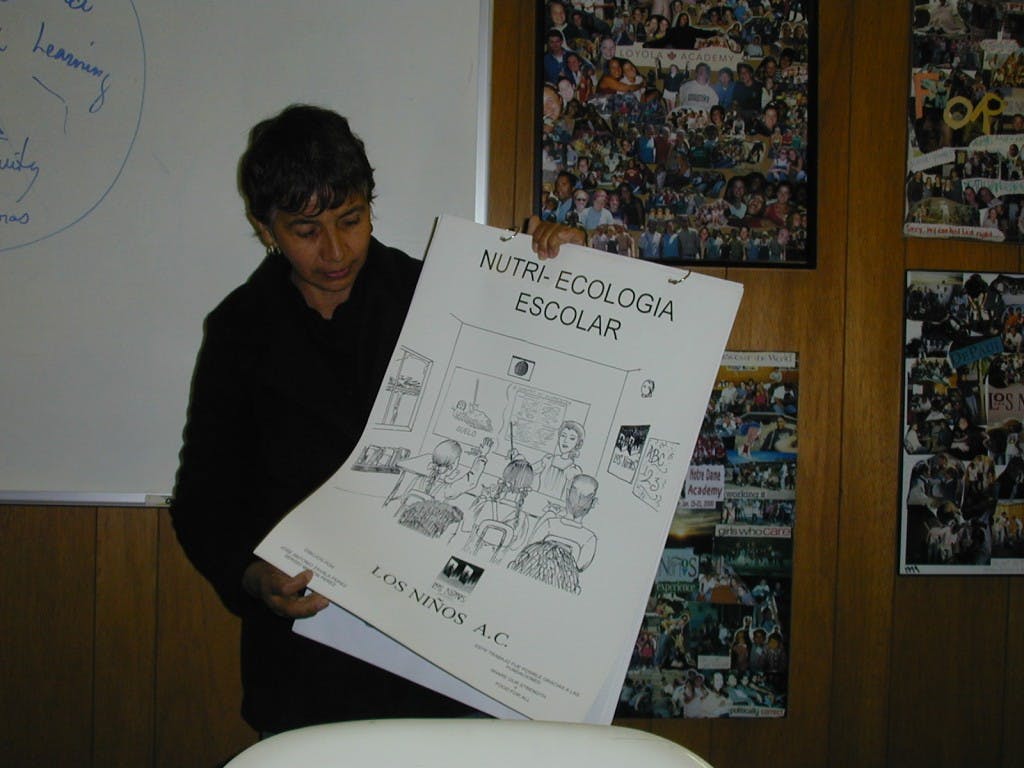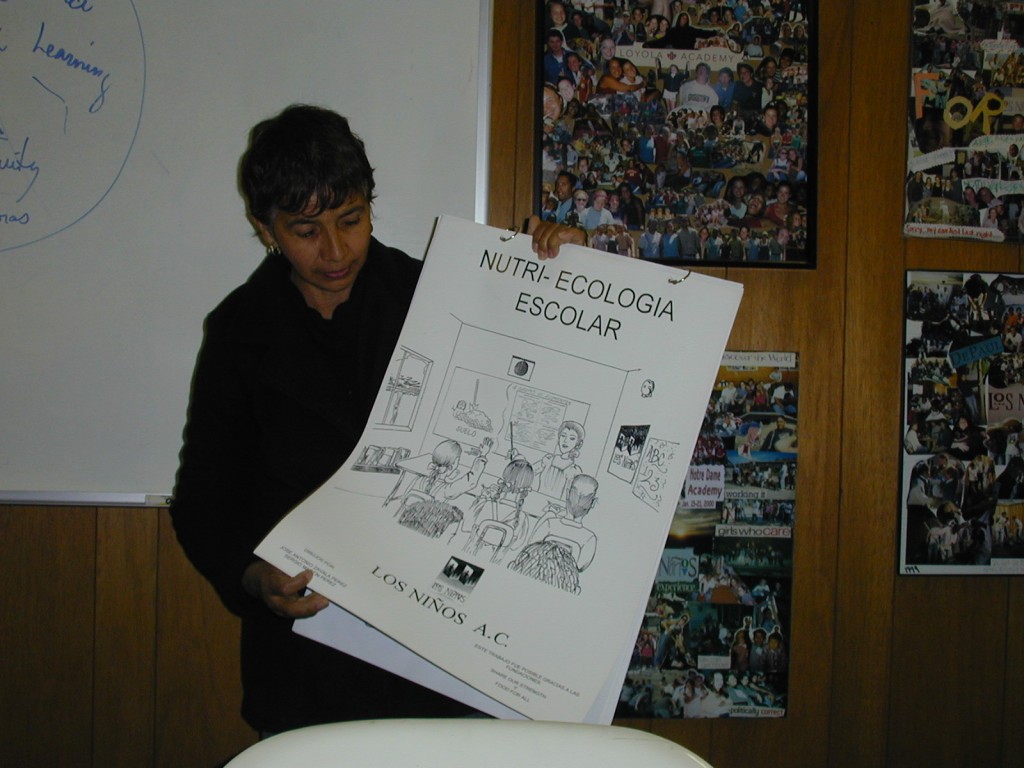Via International: Women, Poverty and Education
Jan 21, 2015
First story


Via International: Women, Poverty and Education in Mexico
Tijuana, Mexico - known as the line, the border, and the frontier–a city acclaimed to be the busiest border crossing in the world. A city infamous for it’s night clubs, drug and sex trade. A city where one can experience the stark contrast between affluence and poverty - the north and south within a matter of thee minutes --- A city bursting with migrant Mexicans that arrive daily searching for work at the international factories that clutter the hill-sides or looking for the chance to slip into the USA in search for a better life. New communities emerge in unimaginable steep arid canyons that will likely not enjoy the comforts of basic services for many years to come. Yet amidst what appears to newcomers as desperate conditions, are communities vibrant and alive with an inexorable desire to create a new future on the frontier. Leading the charge for community infrastructure, inclusive public health policy and practice, access to education and progressive environmental initiatives are a cadre of women who are volunteering for a myriad of organizations. They are called promotoras comunitarias or community leaders; women who share the same life circumstances as their neighbors yet work tirelessly for community change.
As of January of this year 220 of these women completed a community based education program in four remote sites in the colonias of Tijuana and in Mexicali. The women come from different NGOs serving the Tijuana and Mexicali communities. Their ages range between 25 years to 70 years of age, the mean is around 40. Their level of completed formal education ranges between grade 3 and 12 in school.
The majority of those admitted have completed the primary education requirement, and they then are enrolled in the INEA (Adult Education/Literacy) to complete their middle school education. We anticipate another 100 people will be eligible to join the program this year. We see the excess demand as very positive because it reaffirms the need for the program but at the same time creates some stresses on it.
The main purpose of our program is to bridge basic education to higher education. The program also contributes to the personal and social development of community promoters. With this in mind, the guiding principle in this process is to provide them with appropriate methodological tools whereby their activities as promotoras will encourage community development through engaged participation.
The methodology at the center of this process consists of a model of community participation that will provide the promoters with the necessary tools for planning and implementing community-based programs.
This methodology is carried out in four (4) levels, which form the curricula of the program. To complement and enrich this process, four academic areas are integrated into it: Basic Skills, Human and Social Development, Professional Development and, Complementary Knowledge. The point of intersection between the general methodology and the specific academic areas is to be found in community practice in which the student is already involved as a community promoter. From all of the above, this educational model for adult women with experience as community promoters has a goal to create a bridge between non-formal and formal education at the secondary school level.
One of the graduates who has secured full time employment for the first time in her life with an NGO stated:
“I think that all of us are like little box that contains a lot of treasures, a little box
that contains many things that we can offer. But if the box is closed those treasures
will not come out. The beauty is to open those treasure boxes we carry inside and
share them with those around us, share all the experiences and knowledge we
carry inside.” ~ Maria de los Angeles Luna
The Education and Formation of Community Promotoras won the Canadian International Development Agency Award for Excellence in Development for 2007-2010.
Respectfully submitted by Elisa Sabatini, Executive Director of Via International ~ Los Niños
www.viainternational.org
Mission: Via International’s mission is to improve the quality of life by creating opportunities for people to discover their human potential through participation in the development of the community.




